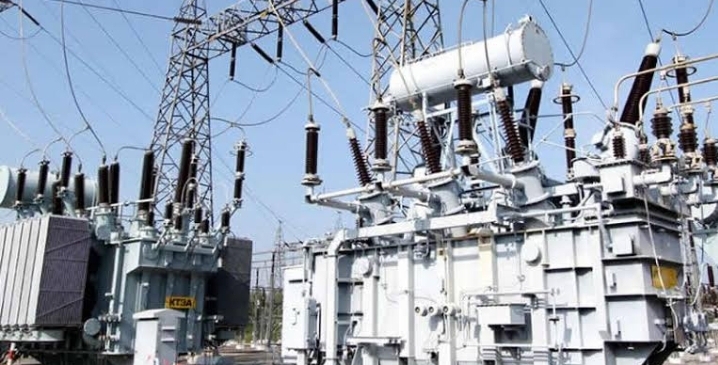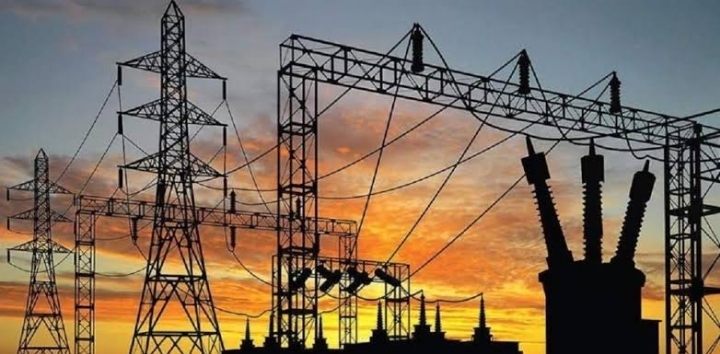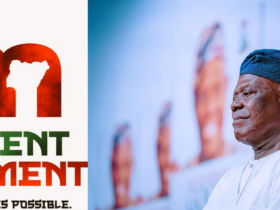
Nigeria experienced a nationwide power outage on Sunday, February 4, 2024, as the national power grid managed by the Transmission Company of Nigeria (TCN) collapsed for the first time this year.
The system failure occurred at 11:21 am, causing the grid’s capacity to plummet from 2,407 megawatts to 31 megawatts by noon and to zero by 1 pm.
The Abuja Electricity Distribution Plc (AEDC), one of the distribution companies in the country, confirmed the grid collapse in a statement to its customers.
“The power outage being experienced is as a result of a system failure from the national grid … which has led to a nationwide power outage,” the statement said.
The AEDC assured its customers that it was working with the relevant stakeholders to restore power as soon as the grid was stabilized.
“We appeal for your patience,” the statement added.
The TCN has not yet issued an official statement on the cause of the grid collapse or the expected time of restoration.
This is not the first time that Nigeria has faced a major power outage due to the grid collapse. According to the TCN, there were 46 grid collapses in the country from 2017 to 2022, with the highest number of 15 occurring in 2017.
The frequent grid failures have been attributed to various factors, such as inadequate generation, transmission and distribution infrastructure, vandalism, sabotage, and poor maintenance.
The power sector in Nigeria has been undergoing reforms since 2013, when the government privatized the generation and distribution companies. However, the reforms have not yielded the desired results, as the country still suffers from chronic power shortages and low electricity access.
READ ALSO: TCN Reveals Gas Shortages Cause Nationwide Power Drop
According to the World Bank, only about 60% of Nigerians have access to electricity, and the average per capita consumption is 144 kWh, compared to the global average of 3,186 kWh.
The power grid collapse has disrupted the economic and social activities of millions of Nigerians, who rely on electricity for their businesses, education, health, and entertainment.
Many Nigerians have taken to social media to express their frustration and anger over the power outage, calling on the government and the power sector operators to fix the problem and provide reliable and affordable electricity to the citizens.








Leave a Reply